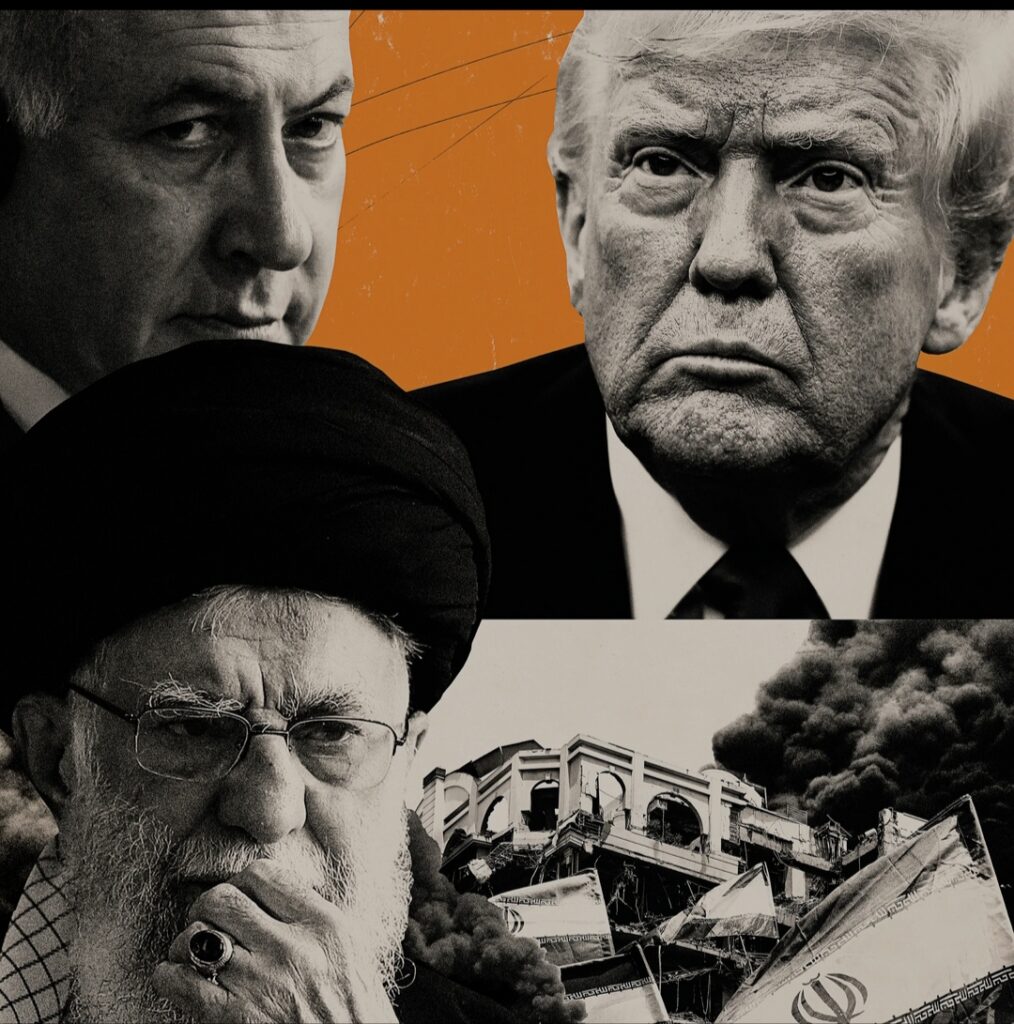
Jerusalem, Tuesday – Israeli Prime Minister Benjamin Netanyahu has confirmed that Israel has agreed to a US-brokered ceasefire proposal to end the country’s 12-day conflict with Iran. The truce plan, advanced by US President Donald Trump, aims to de-escalate a rapidly intensifying war that has shaken the Middle East.
Speaking on Tuesday, Netanyahu announced that Israel had formally accepted the ceasefire terms and issued a stern warning to Tehran.
“Israel will respond forcefully to any violation of the ceasefire,” he stated.
Netanyahu told members of Israel’s security cabinet on Monday night that the country had accomplished all its military objectives in the campaign against Iran. According to the Israeli leader, these included neutralizing threats posed by Iran’s nuclear and ballistic missile programs, damaging key government and military sites, and establishing control over Iranian airspace.
“Iran’s ability to threaten us has been severely degraded,” Netanyahu declared.
The ceasefire comes after a final barrage of missiles was launched by Iran early Tuesday morning, just before the truce was to take effect. Several cities in Israel activated emergency protocols, with residents taking shelter underground. Israeli soldiers and emergency services responded swiftly, pulling four bodies from the rubble of buildings hit by Iranian missiles.
The truce agreement, announced by President Trump on his Truth Social platform, outlines a phased cessation of hostilities. Iran is expected to halt its operations first, followed by Israel 12 hours later.
“Both sides have agreed to a complete and total ceasefire,” Trump wrote. “We expect both nations to act peacefully and respectfully throughout the process.”
The conflict, which erupted following a US bombing of Iranian nuclear sites and a retaliatory Iranian missile attack on a US base in Qatar, has left hundreds dead in Iran and dozens in Israel.
Despite the announcement, there was initial uncertainty about Iran’s commitment to the truce. Iranian Foreign Minister Seyed Abbas Araghchi initially denied any agreement had been reached but later suggested that Tehran might consider halting attacks if Israel ended its offensive.
As of Tuesday evening, both sides were reportedly observing the initial stages of the ceasefire, though the situation remains fragile and closely watched by the international community.

